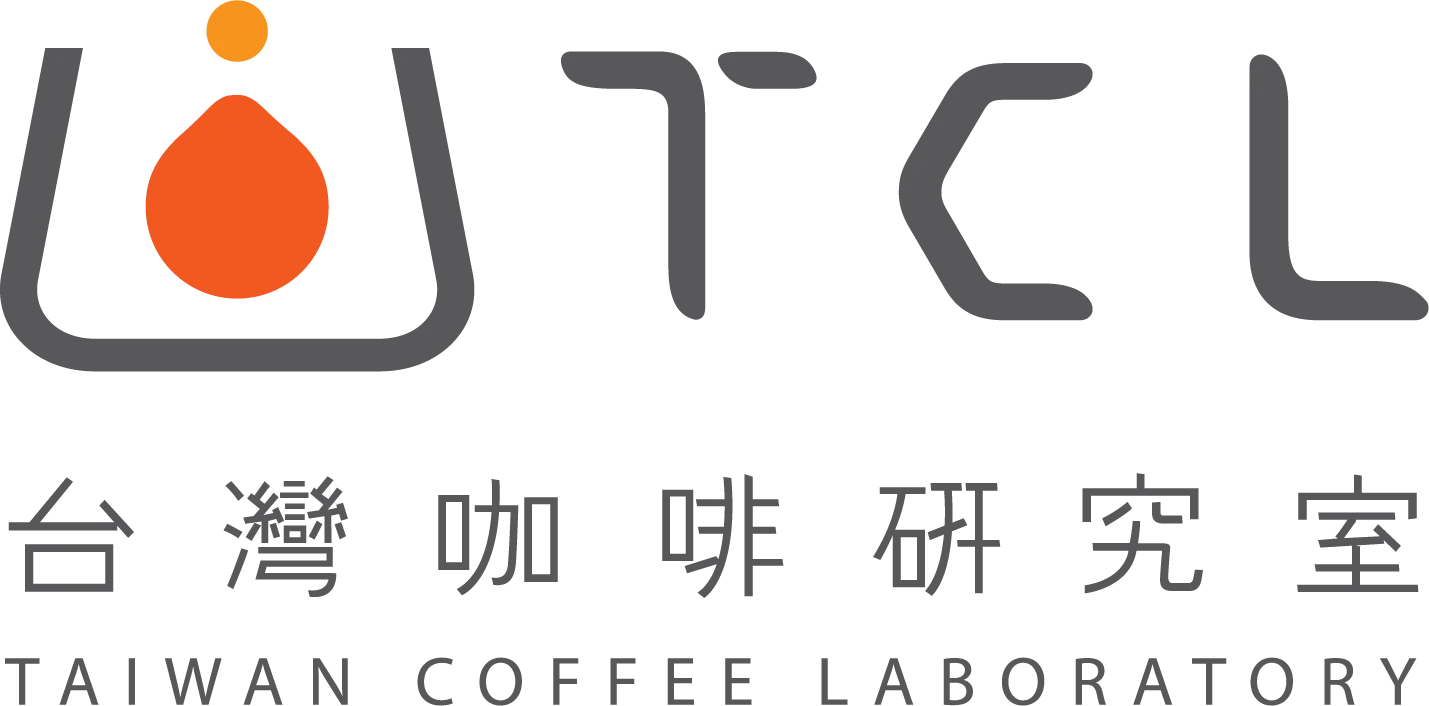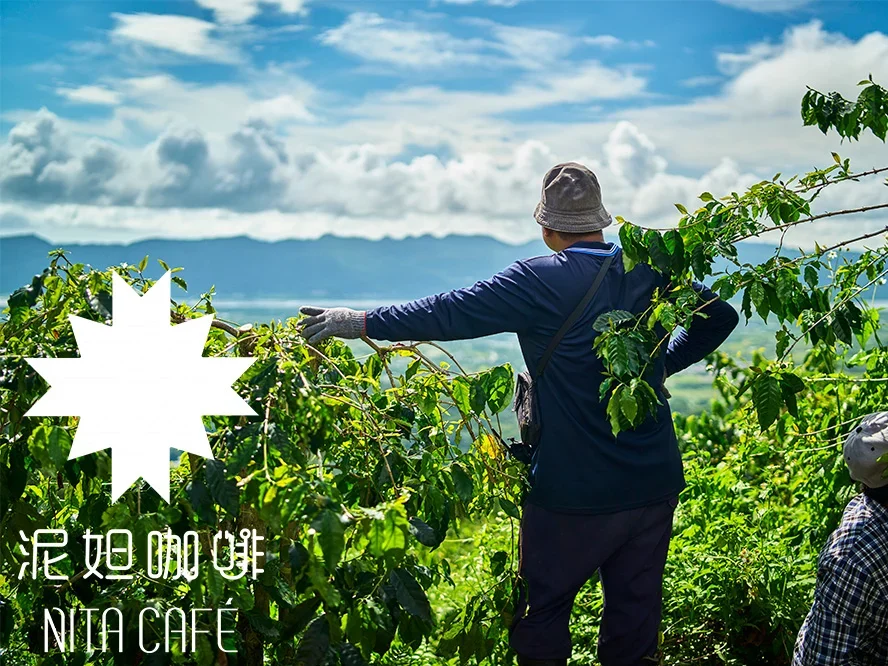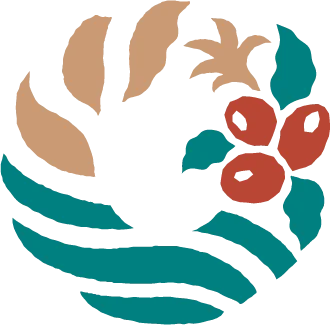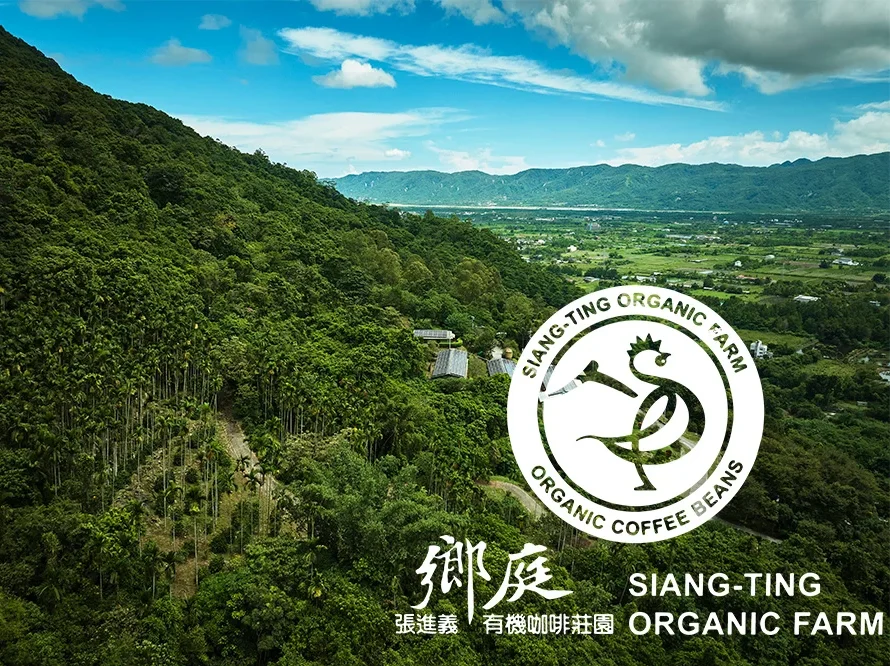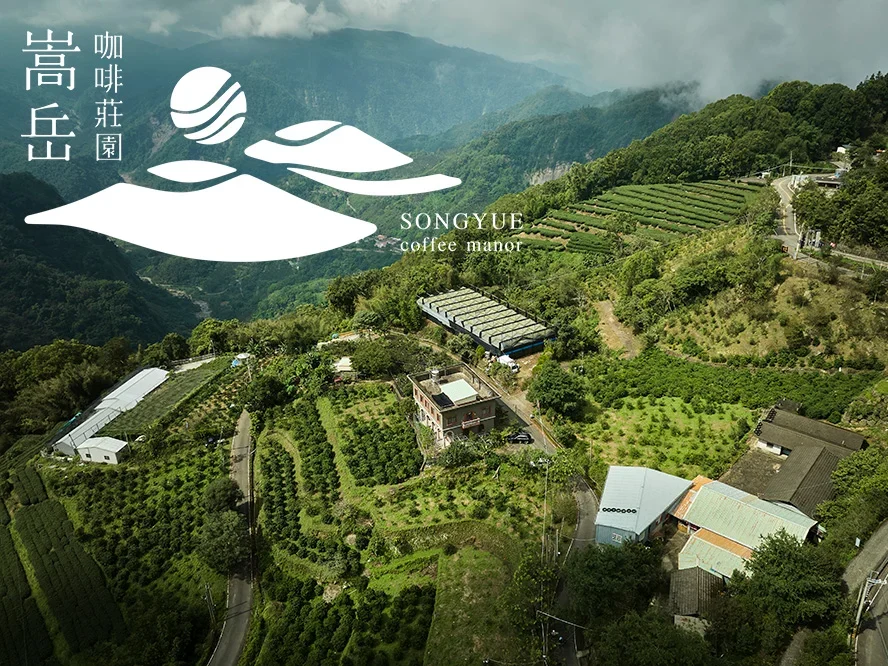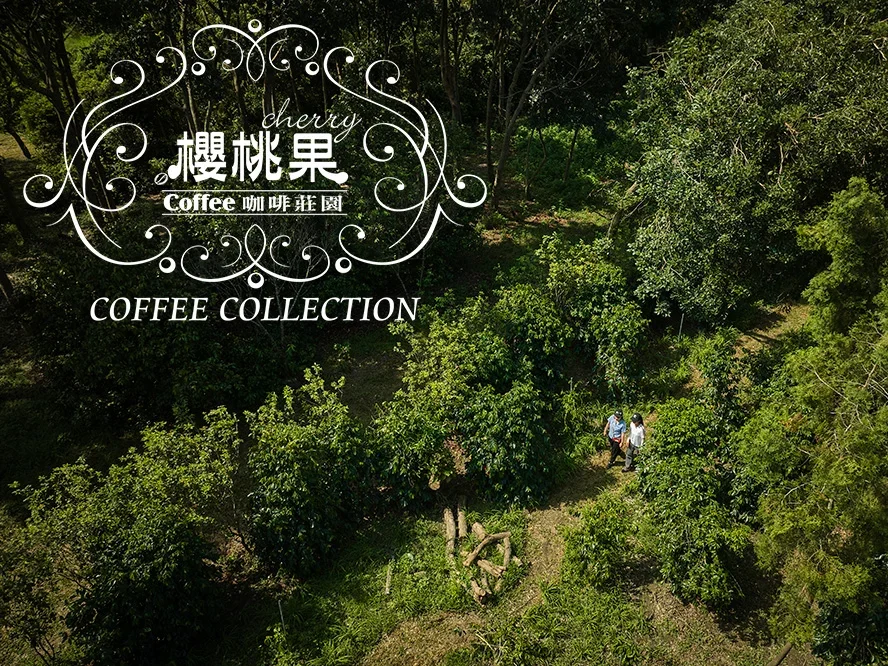Farm Story
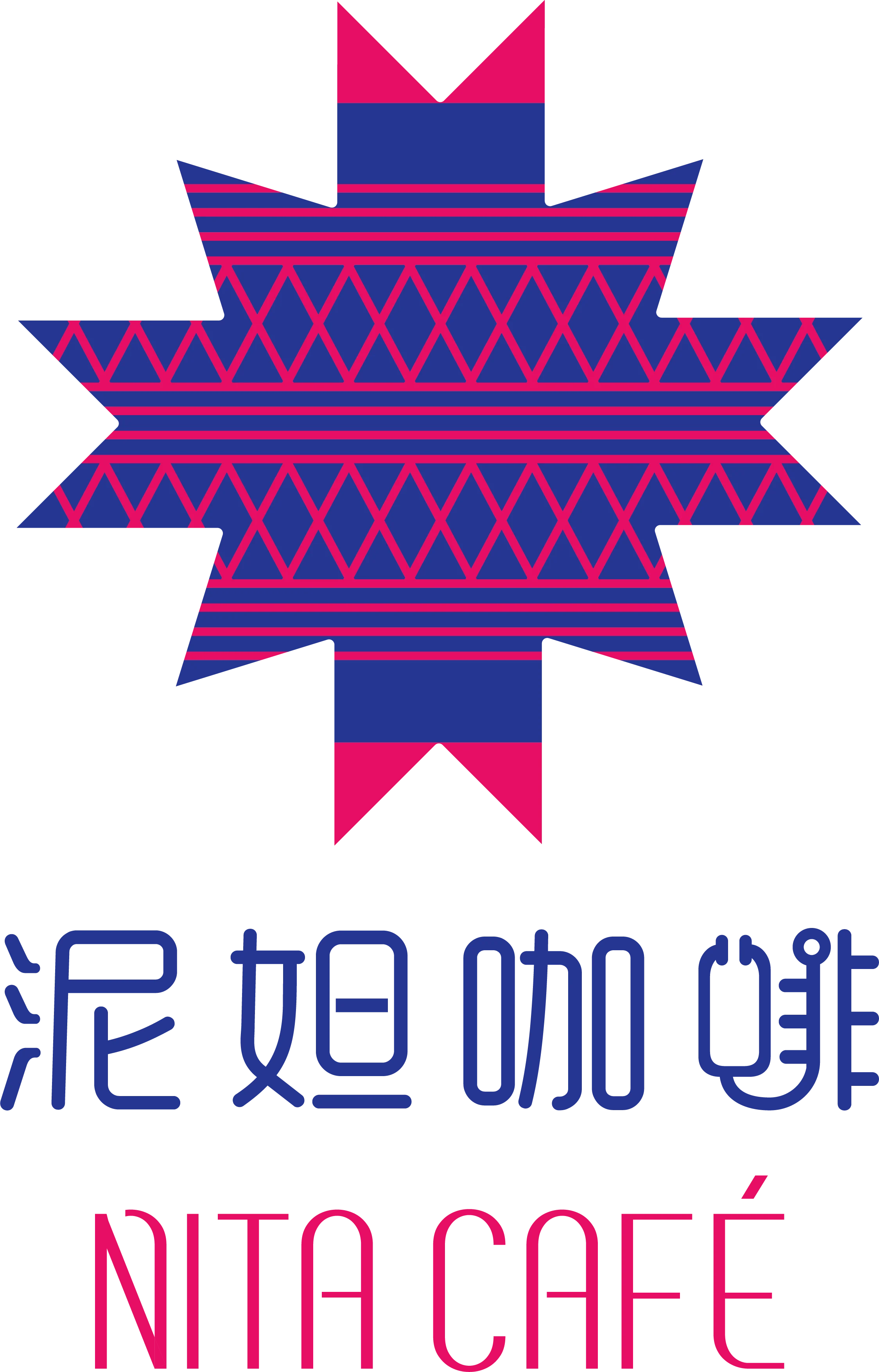
“Nita” is a word from the Truku language, meaning “ours.” Our coffee is precisely the original meaning of Nidda Coffee, ensuring the tribe’s livelihood, making the land prosper. This “we” includes not only the tribe members but also the village, the environment, and even this vast land.
Hualien, located in eastern Taiwan, has long been affected by its geographical position, making transportation to the outside world relatively inconvenient. This has resulted in a scarcity of job opportunities in Hualien, leading to challenges of outward migration and an aging population. The lack of young talent makes it difficult for this fertile land to fully develop. Despite this, Hualien still retains rich natural resources and fertile soil. However, due to the lack of supporting industries and talent, these resources have not been fully utilized. The key to solving these challenges lies in introducing effective industrial technologies and complementary sales methods to encourage young talent to return home and participate in local development.
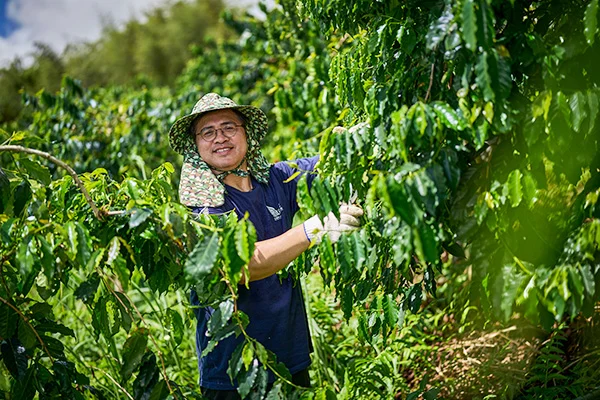
During his early years as a doctor stationed in Lanyu, Dr. Dai had to return to Taiwan periodically for further training. Whenever he walked on the streets in urban areas, he always saw pedestrians holding cups of coffee. This scene made him consider whether coffee could change the economic situation of the tribe. Therefore, Dr. Dai decided to return to the tribe and establish “Our Coffee” for the sake of this homeland and the development of the tribe.
Zeng Jiaru is Dr. Dai’s wife. Compared to Dr. Dai’s lofty ambitions, she is more like a pragmatic executive. Zeng Jiaru laughed and said, “Initially, I got involved in coffee just to maintain the family and assist my husband, but since we’re doing it, we should do it well. It’s not about doing the best, but doing my best.” As Dr. Dai was often busy between the clinic and patients, Zeng Jiaru took on the responsibilities of field management, quality control, logistics, and more.
In the Chongguang tribe of Xiulin Township, there was a long-abandoned school building, formerly known as Wenlan Elementary School Chongguang Branch. Originally, the place was full of garbage, littered with glass bottles and other waste. Zeng Jiaru learned about the broken windows theory from a friend and coincidentally had the opportunity to apply for adoption. She then began shuttling between government agencies. Now, this abandoned school is the All-round Tribal Cultural Business Development Association, a coffee experience hall called Branaw Coffee, and the base for the first special crop (coffee) production and marketing class in Xiulin Township. From a useless abandoned school to a center for community development, it provides opportunities for the talents in the township to find development.
“The promotion of an industry doesn’t rely on just one person; it must rely on the power of the masses. It can’t be just oneself moving forward,” said Zeng Jiaru. Dr. Dai and his wife initially spent a lot of energy motivating the production and marketing class. Through repeated exchanges and competitions, the farmers in the class gradually gained confidence. Among them, class member Li Zhixiang swept the special, gold, and silver awards in the 5th Hualien County Premium Coffee Evaluation. Currently, this production and marketing class has become the largest organic coffee certification area in the country. These honors are not only an affirmation of individual efforts but also the best proof of the efforts of all members of the production and marketing class.
The production and marketing class has provided new momentum for the development of the tribe. It not only promotes the development of the coffee industry but also becomes an important platform for improving tribal people’s understanding of coffee cultivation and processing. The class regularly holds various courses covering all aspects from coffee planting techniques to processing skills, and also reduces the learning threshold for members by purchasing equipment such as roasters. These courses not only enhance the professional knowledge of the members but also promote their exchange and cooperation with other farmers. The production and marketing class not only often holds class meetings for interaction but also successively invites many farmers from western Taiwan for exchanges, improving members’ skills through experts and farmers sharing experiences, while also enhancing community cohesion.
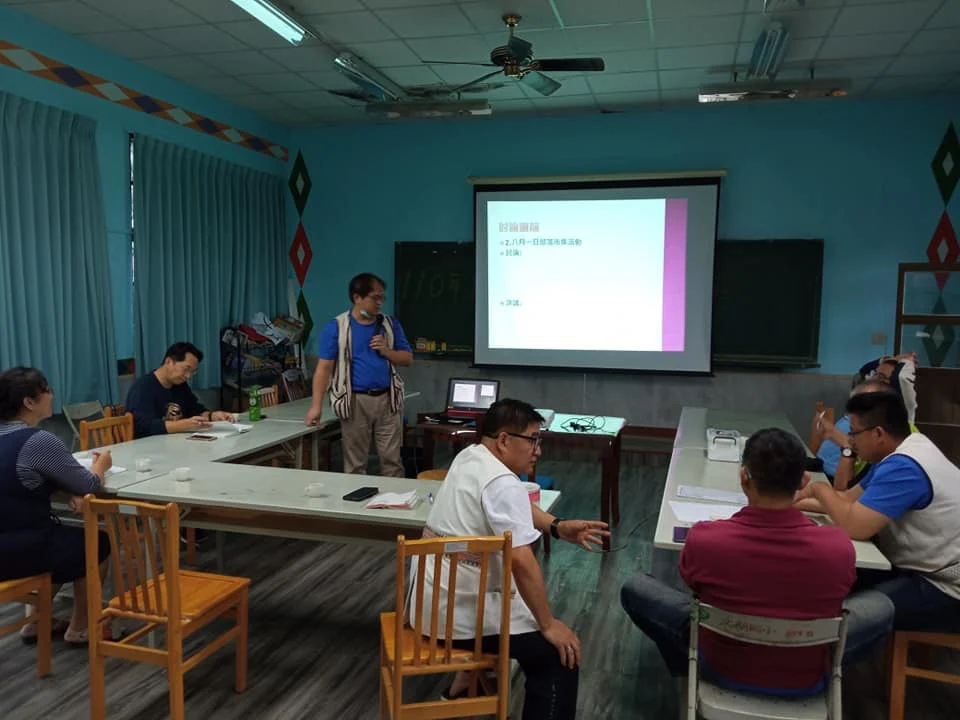
With long-term pursuit of quality, how do we let people know that there is coffee in the Chongguang tribe? And how to promote and preserve tribal culture? By organizing small tribal tours, people have the opportunity to feel the atmosphere of the tribe, including experiences such as archery and hunting, allowing tourists to experience scenes different from daily life. Even if tired, there’s no need to worry, as there is also a coffee shop located in the Chongguang branch school — Branaw Coffee Chongguang Coffee Experience Hall. Here, coffee beans grown locally in the tribe are used to provide customers with a rich coffee experience.
Not only providing coffee, Nidda Coffee actively gives back to the community while driving the economic development of the tribe through coffee. To promote the prosperity and interaction of the tribe, they regularly hold various activities, from cultural exchanges to community gatherings, providing a place for tribal residents to share and communicate, increasing tribal cohesion. In addition to social welfare feedback, Nidda Coffee also actively promotes indigenous culture through organizing activities, such as indigenous cultural heritage activities, giving the younger generation opportunities to deeply understand and participate in tribal traditions. These activities not only enrich the lives of local residents but also contribute to the inheritance and protection of culture.
Through coffee, this small tribe in the mountains of Hualien has gained new life, and in this opportunity for rebirth, it has become a bright spot for sustainable development of rural communities.
Farm Information
Facebook: https://www.facebook.com/nitacafe.dr/
Address: No. 156, Zhongzheng Road, Fuyuan Village, Ruisui Township, Hualien County
Cultivation Altitude: 300-600m
Estate Area: 7.8141 hectares
